The United States and China must continue to have constructive open dialogue between its top diplomats, or geopolitics could pose new challenges to bilateral business, direct foreign investment, education and diplomatic ties, participants in a conference in New York have warned.
The annual conference and gala of the Committee of 100 in Manhattan on Friday covered a range of topics on the state and future of U.S.-China relations.
The event celebrated the committee's 35th anniversary and focused on foreign relations, especially the state of U.S.-China relations and what is needed to reduce tensions.
The participants, including former ambassadors, academics, policymakers, philanthropists, influencers and cultural figures, stressed the importance of continued dialogue between the world's two largest economies to minimize any potential misunderstandings.
The former U.S. ambassador to China Max Baucus told China Daily: "The more people talk to each other more frequently, the more they begin to understand each other, therefore they begin to trust each other more.
"Much more needs to be done (to smooth relations) in dialogue, communication, back and forth meetings, between American people and Chinese people."
U.S. senators should visit China because personal communication is vital, he said. He also said students from both countries can benefit from cultural exchanges.
Also taking part in the conference were two other former U.S. ambassadors to China, J. Stapleton Roy (1991-95), by video link, and Gary Locke (2011-14). Thirteen people have acted as U.S. ambassadors to China over the past 35 years.
Roy and Locke looked at U.S.-China relations while they were ambassadors and noted the differences today as they assessed what is needed for the future.
The conference also examined domestic issues that Chinese Americans in the U.S. face.
A summit in November of President Xi Jinping and U.S. President Joe Biden alongside the Asia-Pacific Economic Cooperation meeting was hailed as a monumental step forward on various key issues, most participants said.
However, Stephen Roach, an economist and senior fellow in the Jackson Institute for Global Affairs at Yale University, a senior lecturer in the Yale School of Management and former chairman of Morgan Stanley Asia, said that greater effort is needed.
The spin was positive after the summit, but there are a lot of issues that still need to be addressed, Roach told China Daily on the state of U.S.-China relations.
"You can always be hopeful."
A discussion on the state of foreign direct investment in China by U.S. companies and vice versa pointed to geopolitics dampening the flow.
Pin Ni, president of Wanxiang America Corporation, who has been doing business in the U.S. since he set up the company 30 years ago, said the annual revenue of the company, involved in automotive, clean energy, investment and industrial markets, and with operations in 23 U.S. states, has grown from zero to $4 billion. Pin said he has seen geopolitical tensions flare up.
Still, he encouraged businesses to "stay focused".
Positive way
Ganesh Iyer, chief executive of Nio U.S., an electric vehicle maker, said events such as this conference are a positive way of looking at key bilateral concerns.
"All such events are always welcome," he told China Daily."The more we communicate, the more misunderstandings go away. The better that we understand each other, the better we will collaborate."
The conference also looked at the economic outlook for China and increased bilateral competition, days after Biden called for more tariffs on Chinese steel and aluminum products.
Yasheng Huang, a professor of global economics and management at the Sloan School of Management at Massachusetts Institute of Technology, told China Daily that while there is intense competition between the world's two largest economies,"competition itself does not destroy relationships. Economic competition makes countries strong. I worry about geopolitical conflict."
"I think that (the U.S.-China relationship) is slowly improving," he added.
"I think there are many problems in economic issues. But as long as there is no war, both sides can come to a solution on the economic issue. I'm cautiously optimistic."








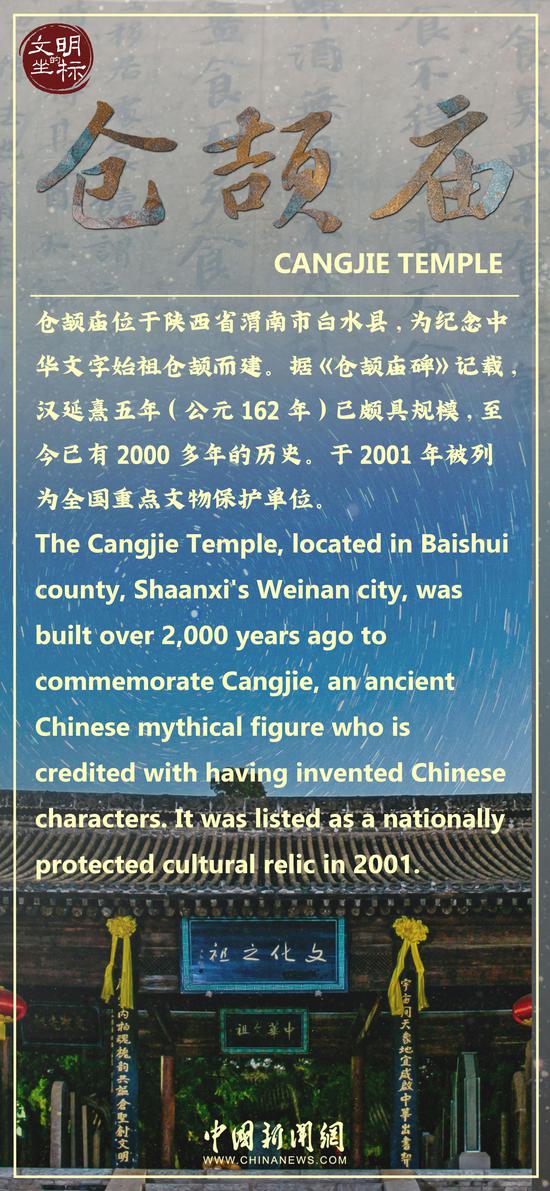
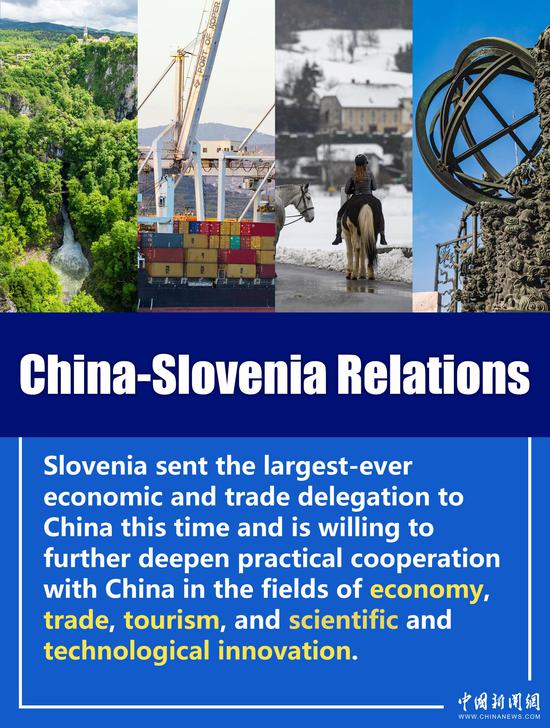
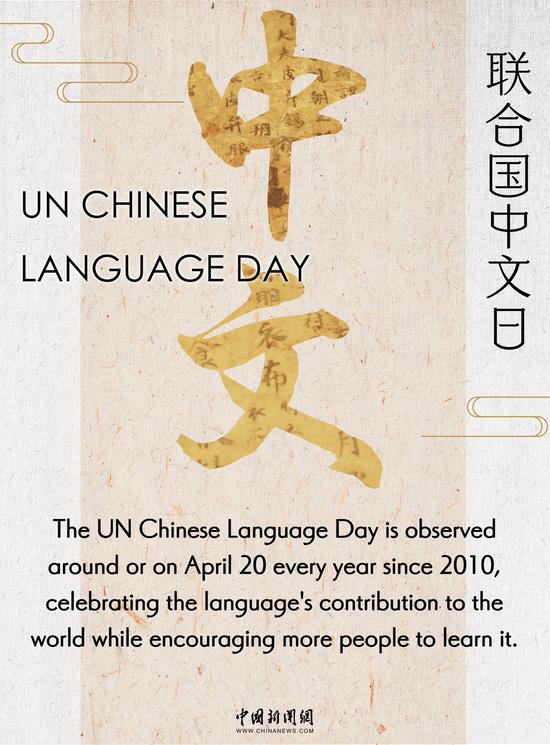
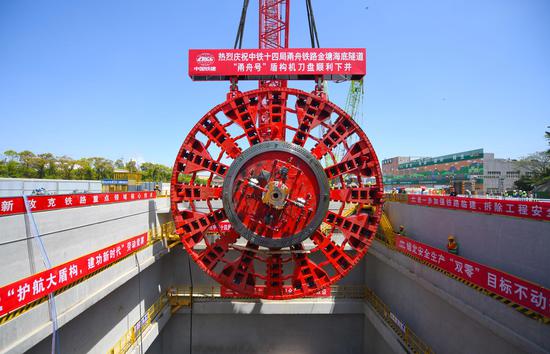
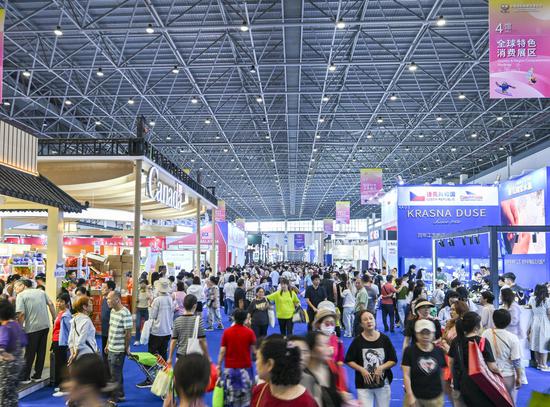
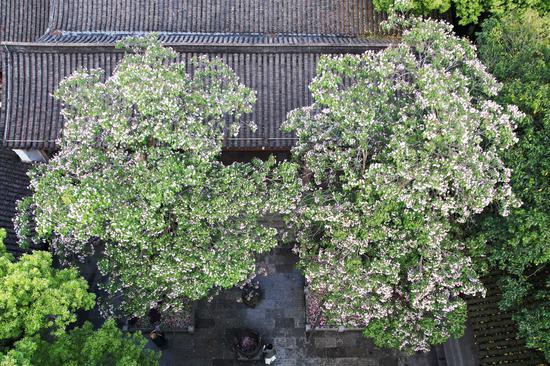
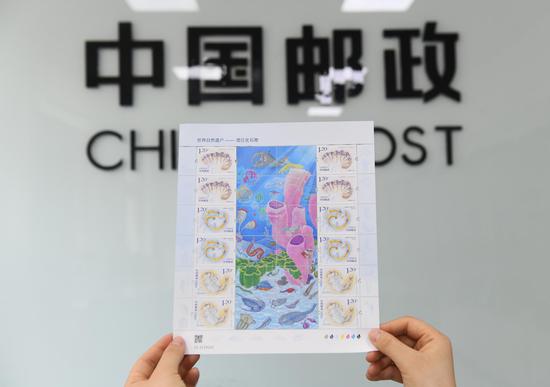
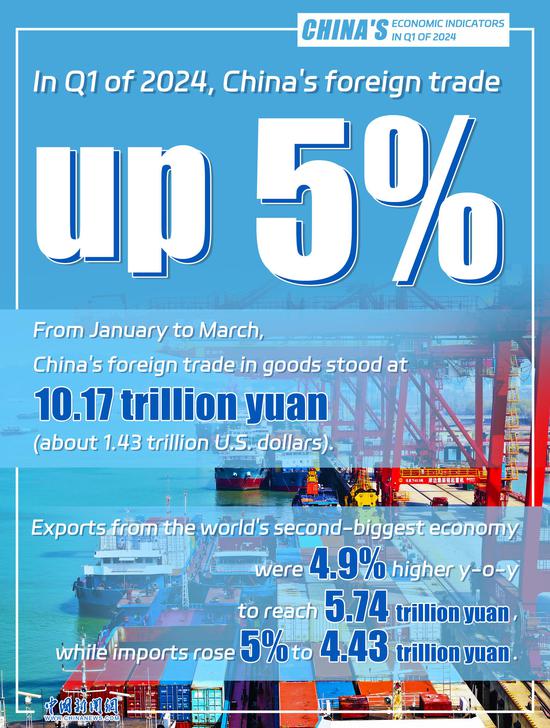
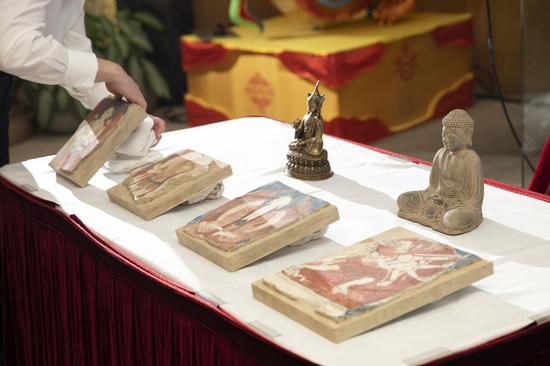


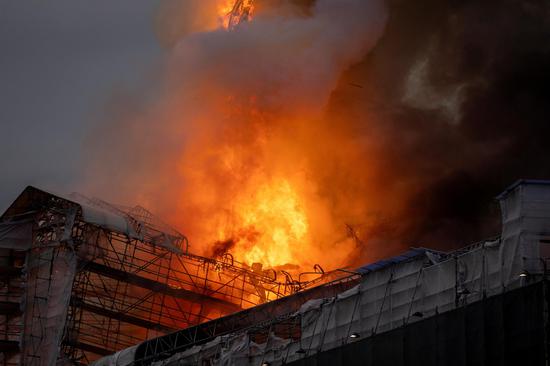

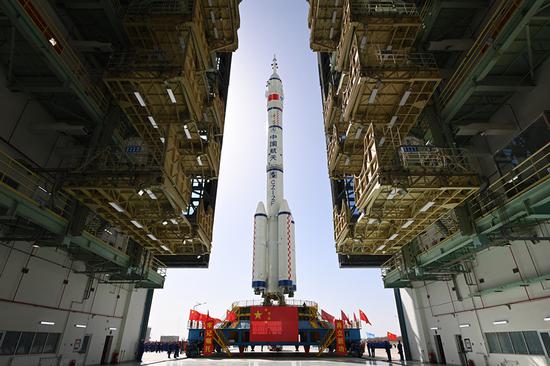
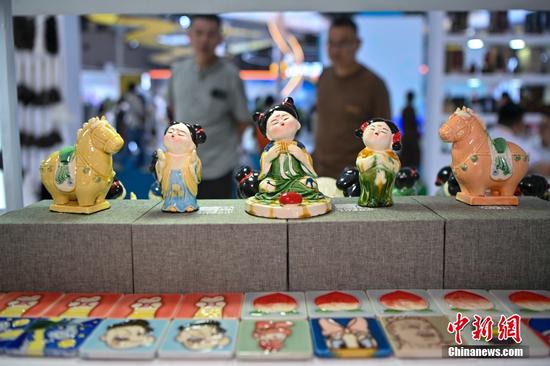


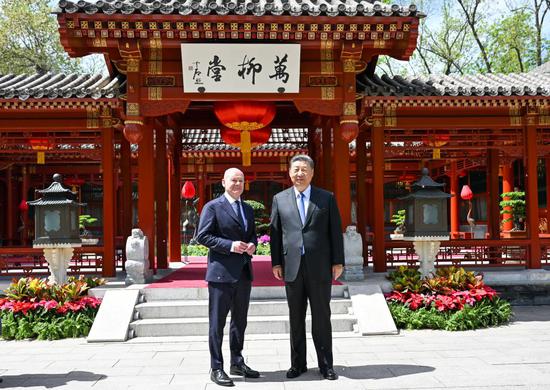
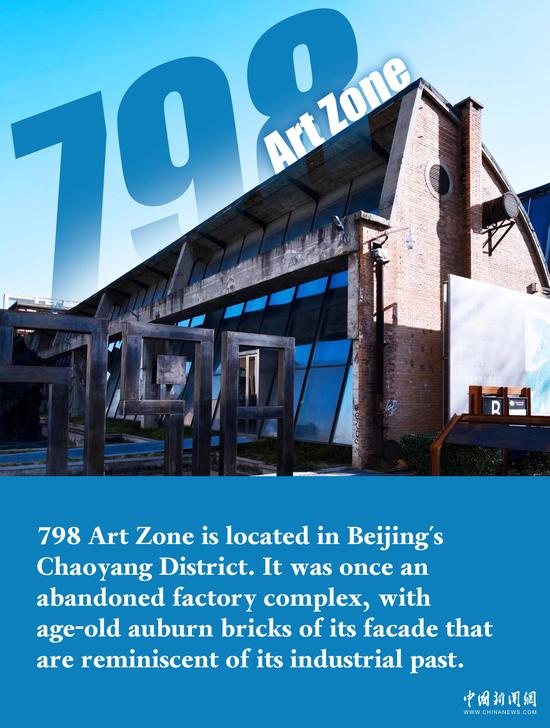
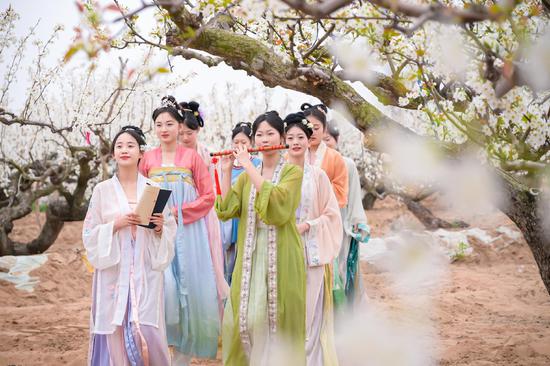

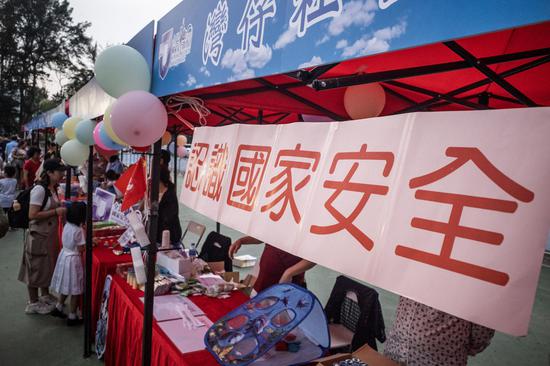
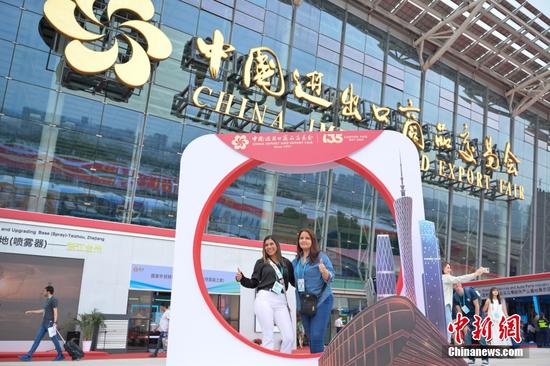

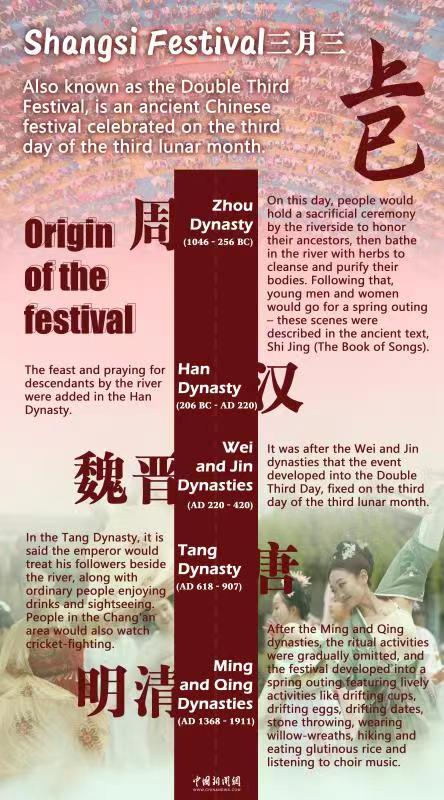
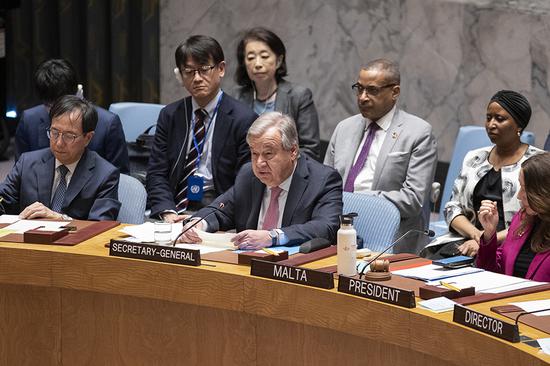
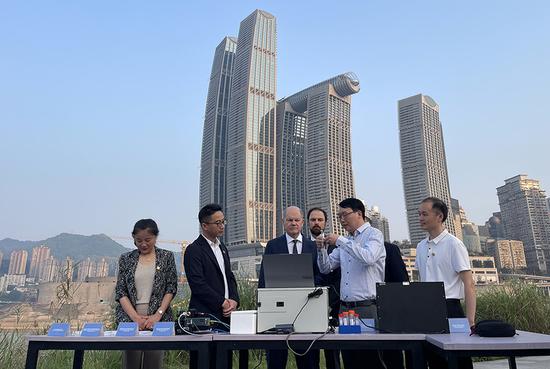
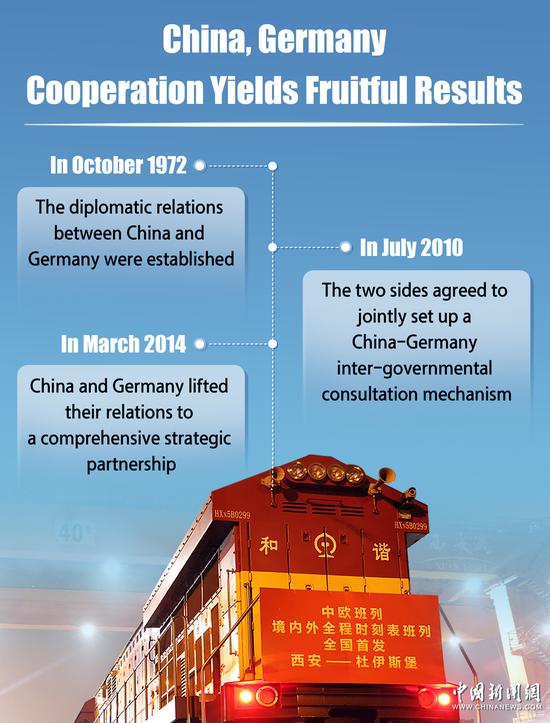
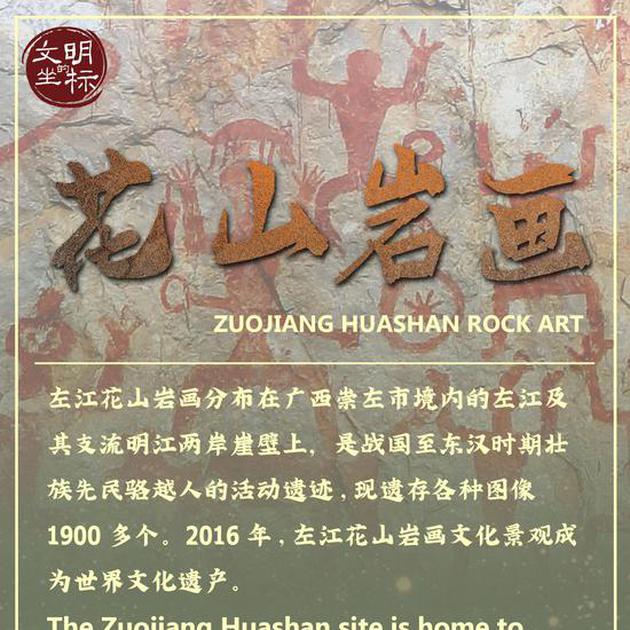
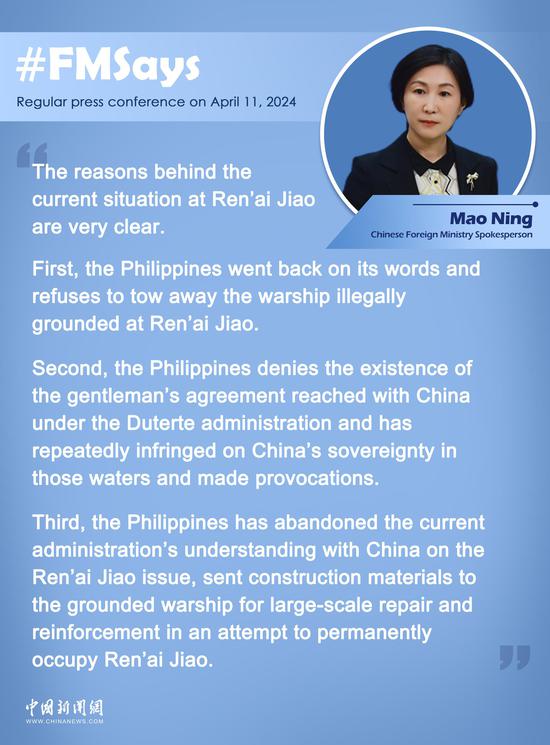
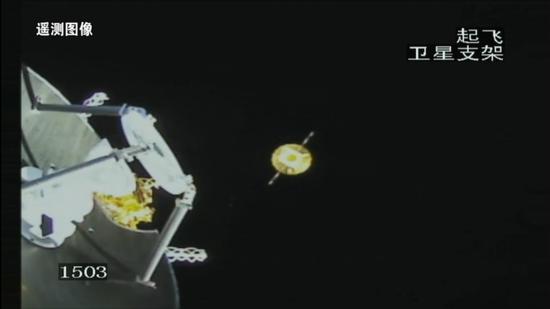
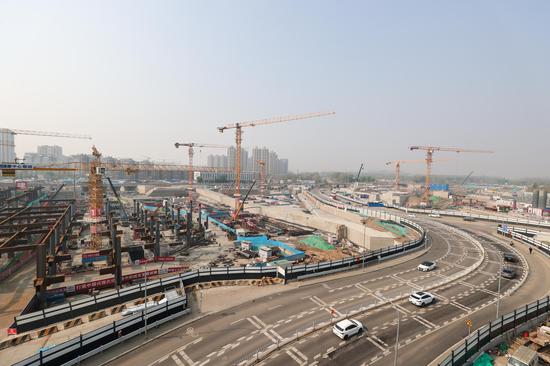

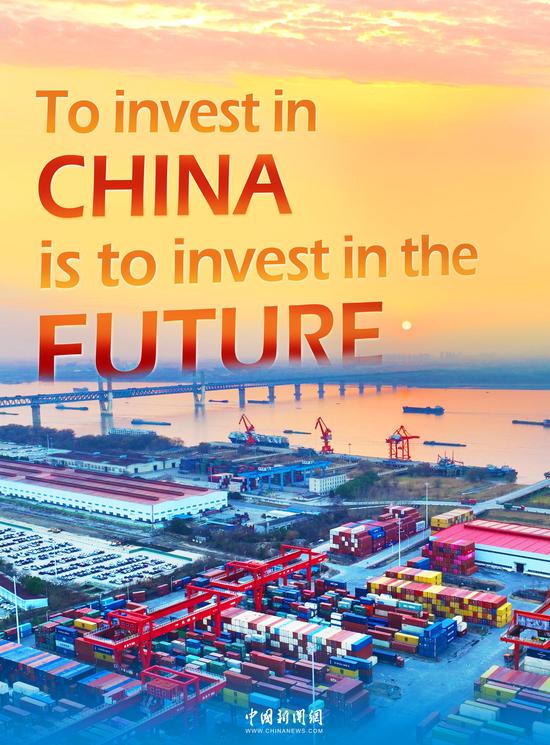
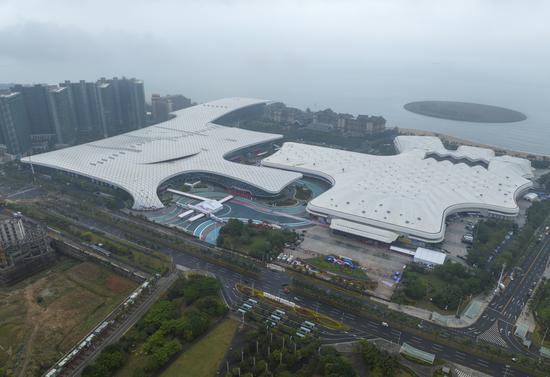







 京公網安備 11010202009201號
京公網安備 11010202009201號